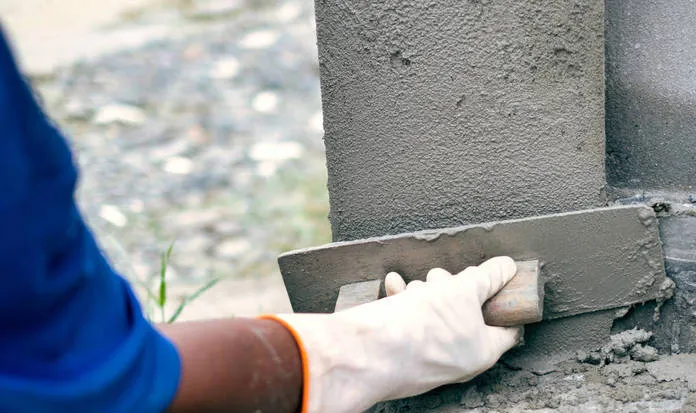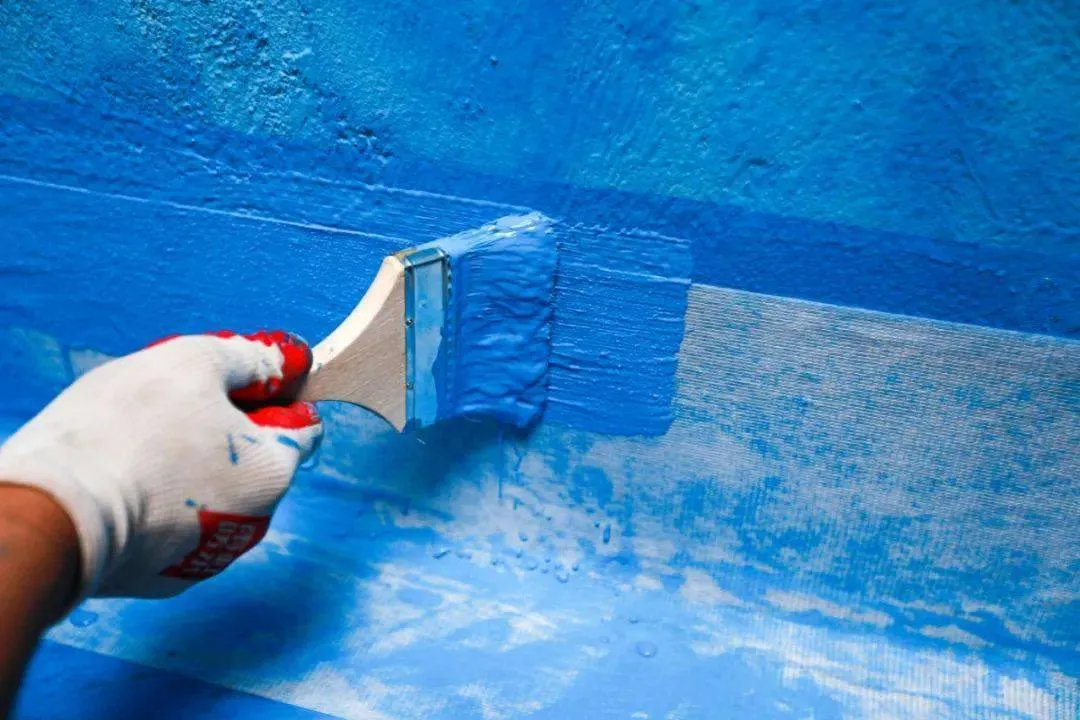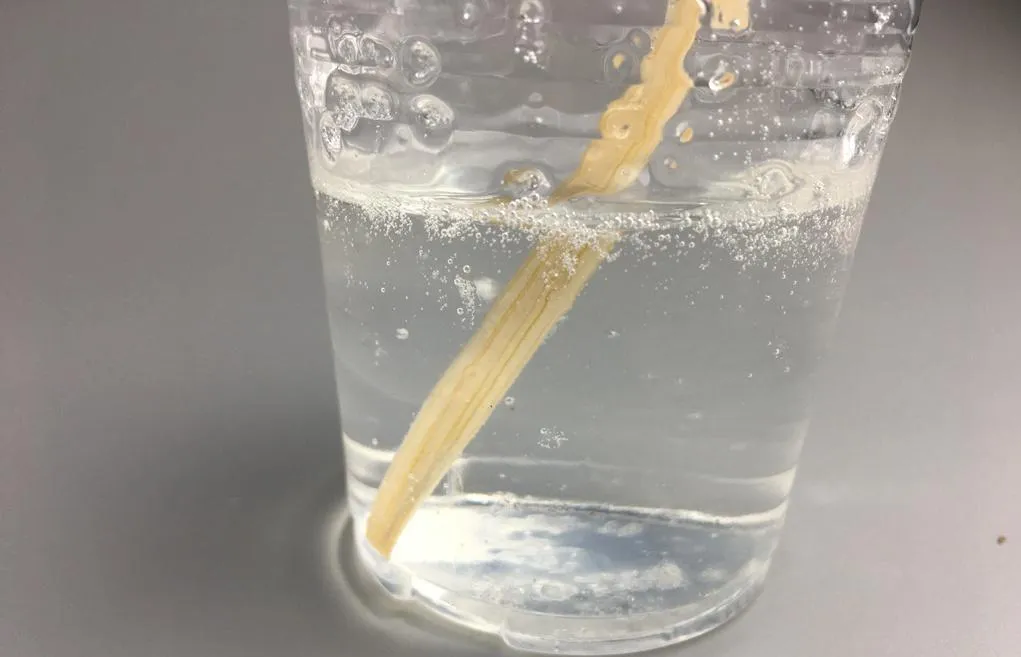
Enhancing Construction Efficiency with PVA: A Versatile Material for Modern Building Needs
In the evolving world of construction materials, polyvinyl alcohol powder (PVA) has emerged as a reliable and efficient polymer with multiple uses. Whether it's used as a bonding agent, a cement additive, or a waterproofing enhancer, PVA's properties offer excellent value across different sectors of the industry.

The Many Faces of PVA in Construction Applications
To understand the full scope of its application, it’s important to explore the various PVA types available on the market. These types differ in molecular weight, degree of hydrolysis, and form—powder, fiber, or liquid—each offering unique performance benefits. For instance, fully hydrolyzed PVA is commonly used in textile and paper sizing, while partially hydrolyzed types are favored in construction for their better solubility and bonding capabilities.
One of the most practical uses in the building sector is adding PVA to cement. This improves adhesion, flexibility, and water resistance of concrete and mortar. It also minimizes cracking and shrinkage, enhancing the longevity of the structure. Builders often prefer using PVA for rendering walls, as it helps bind the surface layer more effectively, resulting in smoother finishes and better durability.
In tandem with PVA, polypropylene fiber is frequently added to cement-based composites. While PVA increases adhesion and cohesion, polypropylene fibers contribute to crack resistance and structural strength. Together, they form a powerful combination for reinforced concrete and mortar applications.

PVA Supply, Safety, and Market Considerations
When working with PVA-based products, safety and sourcing are critical concerns. A reliable PVA manufacturer should always provide a detailed polyvinyl alcohol MSDS (Material Safety Data Sheet), outlining handling procedures, storage conditions, and potential health risks. This ensures that construction professionals can work safely and in compliance with regulatory standards.
One popular variant, exterior waterproof PVA, is specially formulated for outdoor use. It acts as a waterproofing agent when applied to exterior walls, helping prevent moisture penetration and enhancing resistance to rain and humidity. This makes it a go-to solution for facades, balconies, and garden walls in residential and commercial projects.
Despite its versatile performance, market considerations such as polyvinyl acetate price also play a role in material selection. While polyvinyl alcohol (PVA) and polyvinyl acetate (PVAc) are different compounds, they are often discussed together due to their shared polymer family. The polyvinyl acetate price can influence decisions when choosing adhesives or emulsions, especially in budget-sensitive construction projects.
Choosing the right PVA supplier also matters. A trustworthy PVA manufacturer will not only supply high-quality product variants but also provide technical support and custom solutions tailored to specific applications, whether for waterproofing, binding, or surface finishing.

What are the different PVA types used in construction?
PVA types vary based on molecular structure and solubility. In construction, partially hydrolyzed PVA is commonly used for its bonding and water-resistant properties.
How is polyvinyl alcohol powder applied in building projects?
Polyvinyl alcohol powder is used as a binder in cement, mortar, and render mixes to improve adhesion, flexibility, and water resistance.
What benefits does adding PVA to cement provide?
Adding PVA to cement enhances bonding strength, reduces surface cracking, and improves water retention, making the structure more durable.
What is the difference between PVA and polypropylene fiber in concrete?
Polypropylene fiber strengthens concrete by improving crack resistance, while PVA boosts adhesion and surface cohesion. Both are often used together for optimal results.
What is exterior waterproof PVA used for?
Exterior waterproof PVA is a specialized solution used on outer walls to prevent moisture ingress, offering durable protection against weather elements.
Is PVA safe to use in construction?
Yes, but always refer to the polyvinyl alcohol MSDS provided by the manufacturer for proper handling, storage, and safety guidelines.
Can I use PVA for rendering?
Yes, PVA for rendering enhances the bond between the wall and the render, resulting in a smoother, longer-lasting finish.
How do I choose the right PVA manufacturer?
Look for a PVA manufacturer that provides consistent product quality, technical support, and comprehensive safety data sheets.
Why is polyvinyl acetate price relevant in this context?
While distinct from PVA, polyvinyl acetate price affects the selection of adhesives and emulsions in cost-conscious construction projects, particularly for interior finishes.
In summary, polyvinyl alcohol and its various forms are essential components of modern construction. From polyvinyl alcohol powder to exterior waterproof PVA, and from adding PVA to cement to blending with polypropylene fiber, these materials enhance strength, safety, and efficiency. Choosing a reputable PVA manufacturer and understanding the role of polyvinyl acetate price in the supply chain can ensure smarter, more durable construction outcomes.
-
The Versatility of Hydroxypropyl and Hydroxyethyl Starches in Food and Medical IndustriesNewsJul.30,2025
-
Redispersible Polymer Powder: Types, Uses, and Market InsightsNewsJul.30,2025
-
Polyvinyl Alcohol: A Versatile Polymer for Construction and IndustryNewsJul.30,2025
-
Antifoaming Agents in Industry: Functions, Types, and ApplicationsNewsJul.30,2025
-
A Comprehensive Guide to Redispersible Polymer Powder and Its TypesNewsJul.30,2025





















